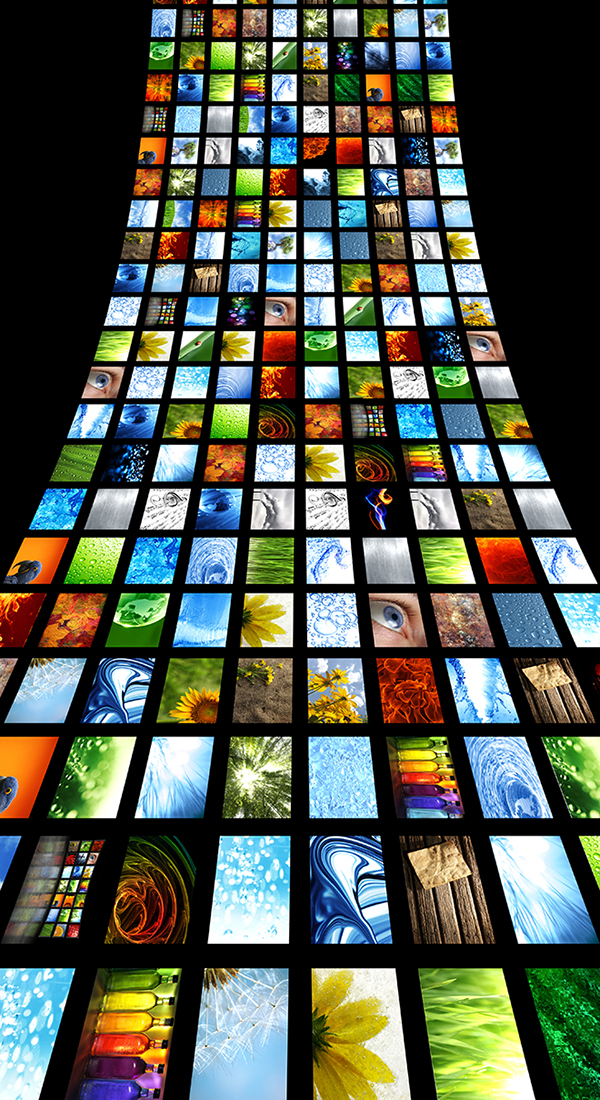Digg Goes Subscription!
May 13, 2012, San Francisco – Digg co-founder Kevin Rose announced today that the new version of Digg will incorporate subscriptions, charging a low fee of $10/month for the ability to "digg" stories and post comments. The controversial move comes amid rumours Mr Rose's second wife, Amelia, has won his summer home in southern France as part of their divorce proceedings...
Two months later, Digg collapses. Nah, subscriptions are too dramatic... they could just offer to pay their top contributors. That would disembowel the site right there.
The smartest people in the world of web culture realize that the mob is all-powerful, and they do not take kindly to abuses of their trust. Jay Adelson is walking around this carefully, and rightly so. There is no clearly-defined set of web ethics, but paying your users for your content smells an awful lot like a pile of dog crap, and nobody with a community-based site wants to go near it. On the last episode of Diggnation, Kevin Rose actually came out and criticized it directly. Flamewars are never a good idea between sites, but it's a lot easier to do when a room full of geeks tells you which side of the culture line you're on. A new entry added to the Online Commandments: Thou shalt not (openly) poach users.
There is a very complex and wholly undocumented netiquette around us right now. Some of the things we instinctively know: DRM is bad, censorship is bad, privacy is good etc. Some things we think we understand, but we know they're still fuzzy. Some things we have only bothered to define halfway, because we're in the middle of a culture war, and the subtleties can be left for later.
What culture war? It's the battle between the traditional "internet values" and the rest of the world. As outsiders come into our little bubble (or our own members seek to become more like offline players), they try and redefine our netiquette. If the net routes around damage (and smart people know it), the trick is not to try and defy the routing, it's to change the definition of "damage". You see it in Slashdot threads: users with virtually no history popping up to promote something that reeks of RIAA propaganda, as if they can astroturf their worldview onto the web.
But the thing is, we don't just route around damage, we route around the smell off dog crap on the lawn. We're a cynical bunch, and if we think you're up to no good, you're in serious trouble. A low level of indifference spreads even easier than negative word-of-mouth, and it won't take long to cripple you. Netscape used to be the darling of the tech world, now they get booed by a room full of geeks.
So who will win this war? In this current climate, old media has its work cut out for it. Jason Calacanis is playing with fire, trying to pick fights with groupthink. If he hasn't done it already, he'll probably reduce his Netscape project to a minor player in the game he was trying to dominate. In today's world, our netiquette suggests we ditch damaged goods like that, because they don't reflect our values.
In the long term, though, we may have a different issue to contend with. The next generation, the ones raised on MySpace from the start, those users may not share or even understand our values. How do they feel about privacy, about DRM? If MySpace did something truly offensive, would they all leave en-masse, or would they be willing to put up with it? What keeps us honest online is the knowledge that our users will abandon us if we stray from the path... but for that to work, our users need to believe in the same things we do.
This is about whether the offline world will infect the internet, or whether the internet will change the world. Google's "Don't Be Evil" is a joke to the average person, but to those online, it's a serious standard we constantly judge them by. We need to ensure our view comes out on top, or there will be no standard left at all.
American culture spread across the world because of Hollywood. We need to put a stronger focus into spreading our netiquette the same way. Over-simplify it, over-do it, wrap it in eye candy, explosions and quotable one-liners. We've got an advantage because we don't want to restrict the flow of our media... a head start Hollywood would be afraid to mimic. We need to make books, music, movies, serialized shows that speak to the web world and beyond. The war is ours to lose, and the first step is to realize it needs to be fought.
Whoever creates the most easily-attained entertainment for the next generation of users will define what's acceptable in the future. What we have here is a brief flicker in history, and the things we take for granted will be lost unless we teach our kids why they're important. Setting these standards will make it harder for us to backpedal 20 years from now when we'd rather make a quick buck than walk the walk, but I'd rather do that than watch my grandchildren worship at the feet of the perpetually-copyrighted Mickey Mouse.
